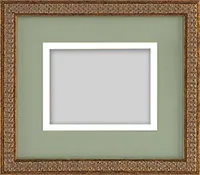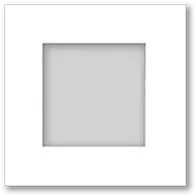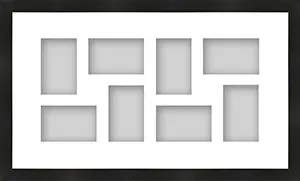Ok
Ok
What is the question
Cancel
My Account
Log In
Favorites
Saved Designs
Log In
Shopping Cart
Search
Backing Board
Definition: A Backing Board is a rigid protective sheet placed at the back of a picture frame to provide support and stability to the artwork, mats, and glazing. It also serves as a barrier against dust, pollutants, and environmental changes. Backing boards are typically made from materials such as foam core, gator foam, or corrugated plastic, with archival-quality versions available for preservation framing.
Common Materials
- Foam Core: Lightweight and widely used for general framing.
- Gator Foam: A denser, more durable alternative that resists warping.
- Corrugated Plastic: Provides water resistance and extra rigidity for large frames.
- Archival Boards: Acid-free, lignin-free boards designed for museum and conservation framing.
Functions
- Protects artwork from physical damage and environmental exposure.
- Maintains flatness and prevents bowing of the artwork and mats.
- Acts as a base surface for hinging or attaching artwork and mats.
Applications
- Conservation Framing: Uses acid-free and archival-grade backing boards for long-term preservation.
- Commercial Framing: Uses economical foam core or corrugated options for general art and photography.
- Large Format Framing: Employs rigid boards like gator foam to maintain structural integrity.
Advantages
- Provides crucial structural support for framed artwork.
- Available in a wide range of thicknesses and qualities.
- Customizable to meet both budget-friendly and archival standards.
Related Terms









